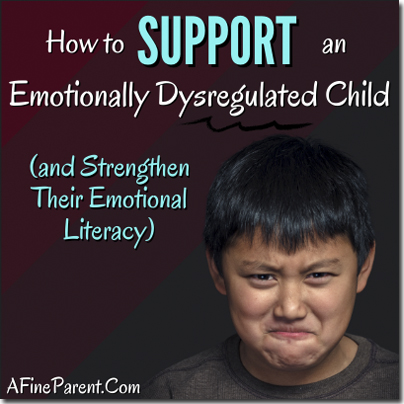 Five months into becoming parents, my husband and I had our first experience with a meltdown. As our daughter first started crying, we moved through the list of typical physical needs: is she hungry? Cold? Does she need a nappy change?
Five months into becoming parents, my husband and I had our first experience with a meltdown. As our daughter first started crying, we moved through the list of typical physical needs: is she hungry? Cold? Does she need a nappy change?
As we went through those motions, our daughter’s frustration and discomfort only increased to a complete state of emotional dysregulation. After we exhausted all normal parenting tricks, we resorted to random actions such as turning off the lights, turning on the lights, singing, rocking and bouncing. None of it worked.
We felt like there was no way we could help her, and it was gut-wrenching. I found myself wanting to cry along with my daughter. We were two new parents feeling very helpless, alone and desperate.
After an hour of screaming, our daughter was so exhausted that she fell asleep. My husband and I were also exhausted, but too strung out to sleep. As we began to research what we may have been doing wrong, we made the surprising realization that the suggestions from sources that aligned with our attachment parenting style seemed to be the complete opposite of what we had done.
But how are we to do things differently if we don’t know any different? Many of us had parents who tried their absolute best to make us ‘feel better’ during a meltdown, or perhaps even walked away and left us alone. I have some such memories myself.
I couldn’t blame myself or my husband for handling our daughter’s emotional dysregulation in the manner that we did, nor did I harbor any resentment against my parents for how they may have acted during my own childhood meltdowns. It seemed that the real issue was actually the misunderstanding of how to keep our children safe. [Read more…]
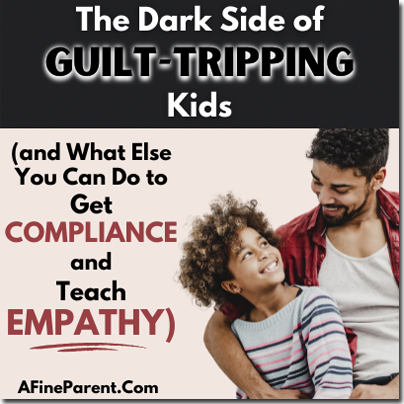 “I work all day to put a roof over your head, and you can’t even wash a few dishes?”
“I work all day to put a roof over your head, and you can’t even wash a few dishes?”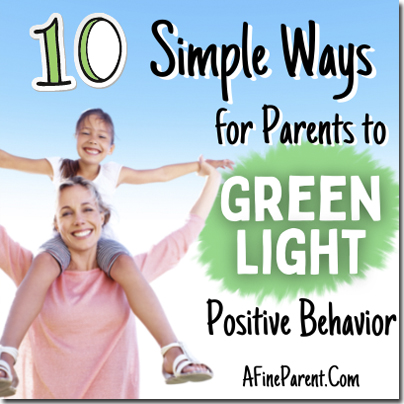 As a mom, I much prefer to be on the offensive rather than on the defensive when it comes to my child’s behavior. Instead of
As a mom, I much prefer to be on the offensive rather than on the defensive when it comes to my child’s behavior. Instead of 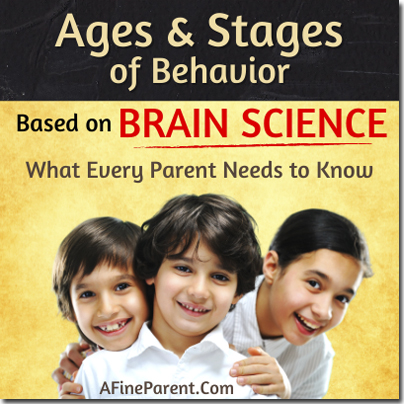 How do you handle frustration?
How do you handle frustration?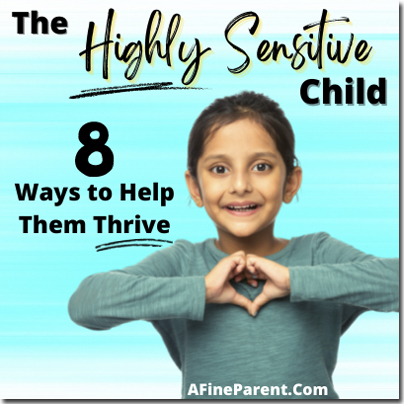 Have you been racking your brain on how to raise a highly sensitive child? I know from personal experience that it is not a walk in the park!
Have you been racking your brain on how to raise a highly sensitive child? I know from personal experience that it is not a walk in the park!